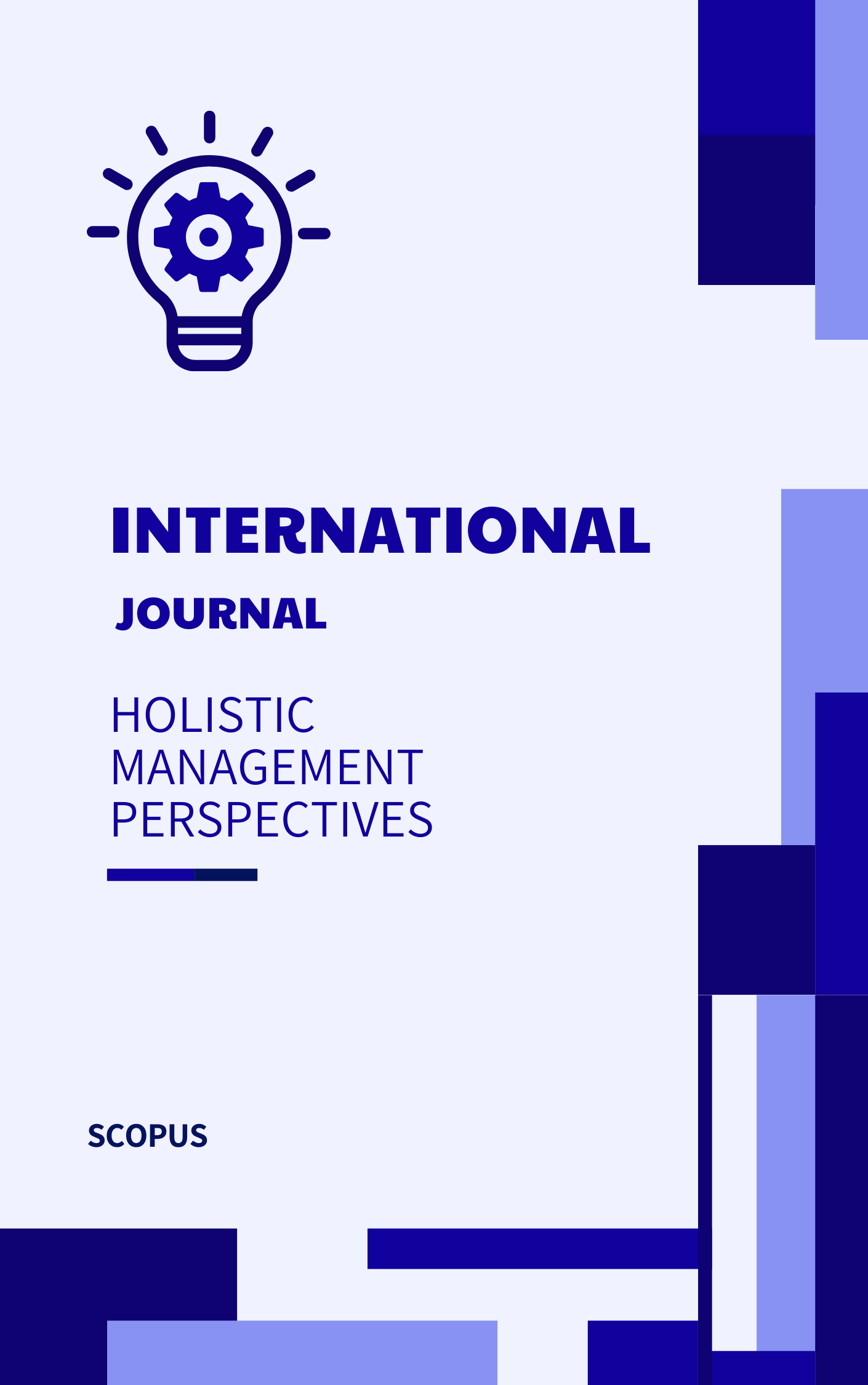Leveraging Machine Learning for Automated Malware Detection: A Scalable Approach for Securing Digital Environments
Abstract
With the exponential increase in malware variants, scalable solutions for malware detection are essential. This paper proposes a machine learning framework that detects and categorizes malware by analyzing file behaviors and system interactions. Our approach uses a hybrid model combining supervised and unsupervised techniques to improve detection accuracy while minimizing false positives. Performance testing across large malware datasets highlights the framework’s robustness in identifying both known and novel malware types, underscoring machine learning’s potential in automating malware defense mechanisms in real-time.
Downloads
References
Boppiniti, S. T. (2020). Big Data Meets Machine Learning: Strategies for Efficient Data Processing and Analysis in Large Datasets. International Journal of Creative Research In Computer Technology and Design, 2(2).
Boppiniti, S. T. (2021). Real-Time Data Analytics with AI: Leveraging Stream Processing for Dynamic Decision Support. International Journal of Management Education for Sustainable Development, 4(4).
Boppiniti, S. T. (2019). Machine Learning for Predictive Analytics: Enhancing Data-Driven Decision-Making Across Industries. International Journal of Sustainable Development in Computing Science, 1(3).
Deekshith, A. (2022). Cross-Disciplinary Approaches: The Role of Data Science in Developing AI-Driven Solutions for Business Intelligence. International Machine learning journal and Computer Engineering, 5(5).
Deekshith, A. (2021). Data Engineering for AI: Optimizing Data Quality and Accessibility for Machine Learning Models. International Journal of Management Education for Sustainable Development, 4(4), 1-33.
Balantrapu, S. S. (2022). Evaluating AI-Enhanced Cybersecurity Solutions Versus Traditional Methods: A Comparative Study. International Journal of Sustainable Development Through AI, ML and IoT, 1(1), 1-15.
Balantrapu, S. S. (2022). Ethical Considerations in AI-Powered Cybersecurity. International Machine learning journal and Computer Engineering, 5(5).
Balantrapu, S. S. (2021). The Impact of Machine Learning on Incident Response Strategies. International Journal of Management Education for Sustainable Development, 4(4), 1-17.
Balantrapu, S. S. (2019). Adversarial Machine Learning: Security Threats and Mitigations. International Journal of Sustainable Development in Computing Science, 1(3), 1-18.
Pillai, S. E. V. S., Polimetla, K., Avacharmal, R., & Perumal, A. P. (2022). Mental health in the tech industry: Insights from surveys and NLP analysis. JOURNAL OF RECENT TRENDS IN COMPUTER SCIENCE AND ENGINEERING (JRTCSE), 10(2), 22-33.




